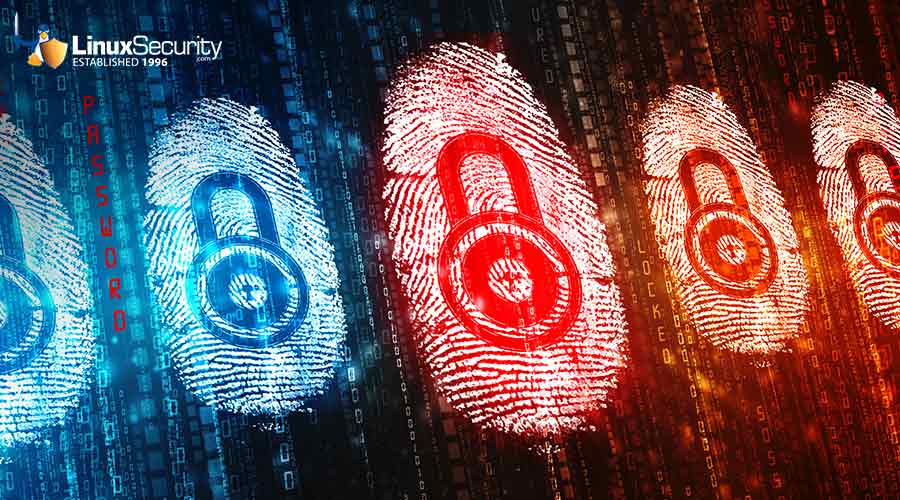House of Representatives Signs on Digital Line
In California, as of January 1st of this year, you can legally sign a number of documents electronically (wills and trusts are excluded). The national version of the bill does not require any form of paper trail (in California companies still have to follow up certain important correspondeces with paper).
According to Gail Hillebrand of the U.S. Consumers Union, "The legal obligation is fulfilled when they e-mail it to you, but they do not have to have proof that you received it, and they don't have to have proof that you opened it or it got to you in some form."
The security implications of legalized digital signatures are significant. The concept certainly is nothing new, the ability to sign a digital document with a PGP signature has been around for a number of years. Of course, taking digital signatures into the realm of things like signing up for credit cards and loans is definately new territory. There will eventually need to be some formalized method of signing documents, authenticated those signatures and keeping others from being able to forge them.






















